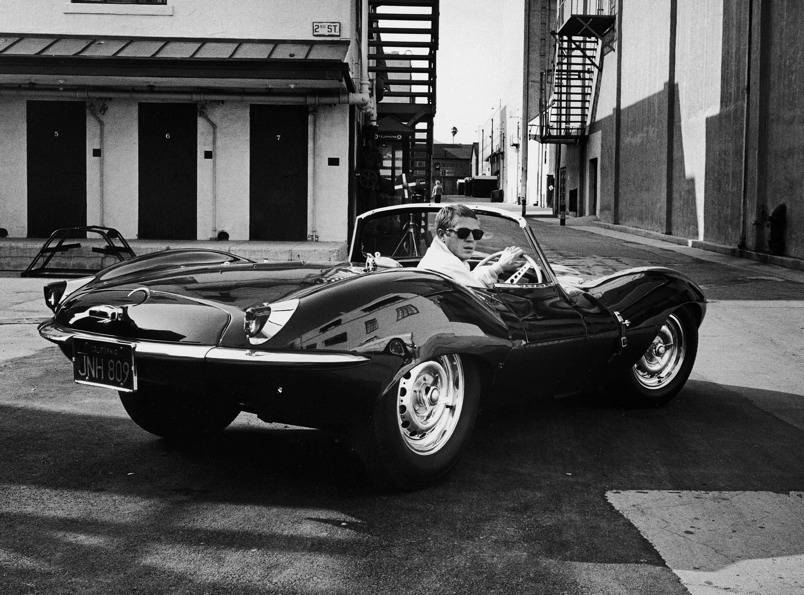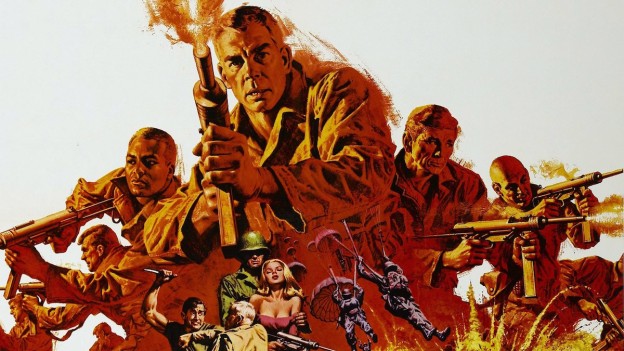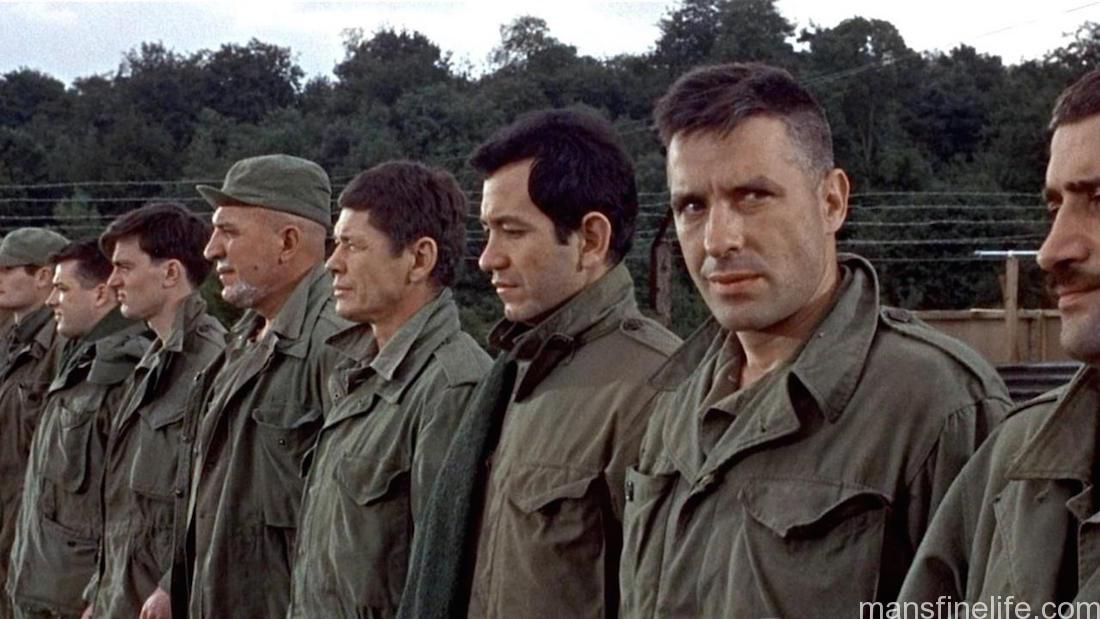In a case of supremely ironic timing, Robert Aldrich’s The Dirty Dozen was released in 1967 at the height of the “Summer of Love.” As one of the toughest, nastiest and most fatalistic classic war movies, there is not a lot of love in the Dirty Dozen. But there is a killer plot, action galore and a very cool, badass ensemble cast of male stars who make the whole thing tick over like clockwork. Sharing the hard bitten cynicism and mordant humor that came to dominate the best 1960s WWII films like The Bridge At Remagen, Kelly’s Heroes and Where Eagles Dare, Dirty Dozen reflects both the experiences of the actual combat veterans who contributed to the making of the film, as well as the creeping disillusionment with the nation’s quickly souring military involvement in Vietnam. After the recent Spielbergian gloss given to World War II in the violent but heroic Saving Private Ryan and the excellent and idealistic Band of Brothers, where the action is doubtless brutal but the characters themselves are invariably heroic, one wonders whether today’s moviegoing public would be ready to accept a deranged group of criminal misfits like “The Dozen” as their heroes. But the audiences of the late 1960s made the film a colossal hit, so maybe that says something about the differing need for hero worship between that generation versus ours.
Loosely based on actual events, the plot of The Dirty Dozen unfolds in classic three-act action-adventure epic style: Picking the Men, Training the Men and the Mission. Only in this case the “elite force” being assembled is drawn from a group of convicts in military lockup facing either death sentences or decades-long prison time. And the mission is a suicidal attack on a German staff officer “rest & relaxation” chateau behind enemy lines in pre-D-Day Normandy. Drawing the unenviable task of assembling these misfits into a cohesive commando unit is maverick Major John Reisman, played by the inimitable Lee Marvin. If The Big Heat is Marvin’s apotheosis as the ultra-heavy villain, The Dirty Dozen reflects the archetype of Marvin’s remarkable second act as a lead actor in big films: still the hard man capable of extreme violence but in the end possessed of an individual code of honor that turns him from bad guy into ambiguous hero. As it would again later in Sam Fuller’s excellent The Big Red One, Marvin’s real life combat service as a Marine in the Pacific Theater, were he saw fierce action and was badly wounded, informs his performance as the sardonic and relentless Major Reisman as he badgers, threatens and cajoles his convict team into a cohesive fighting unit. Like many great coaches and military leaders, Reisman’s genius is to realize that if he can get the group of men to hate him they will in turn bond with each other.
And what a group! Featuring some of the most macho and physically imposing 1960’s actors, as well as some bona fide rising stars, the convicts include Charles Bronson as an honorable German-speaking Polish American convicted of shooting his unit’s cowardly medic; football great Jim Brown as another decent guy wrongly convicted of murder in a case of self defense against a racist attack (this is actually the film that prompted Brown’s premature retirement from the NFL); the towering Clint Walker as a gentle giant with a fierce temper; Telly Savalas as a despicable and crazy Bible-spouting southern racist and woman hater; a young Donald Sutherland as a dim but mischievous private; and a sterling John Cassavetes as a Chicago gangster with a serious problem with authority. Cassavetes really shines among this esteemed company, seeming to channel the ghost of Humphrey Bogart as he proves the biggest obstacle to Reisman’s grand plan, resisting him at every turn through sarcasm and tooth-baring indolence. Continue reading


